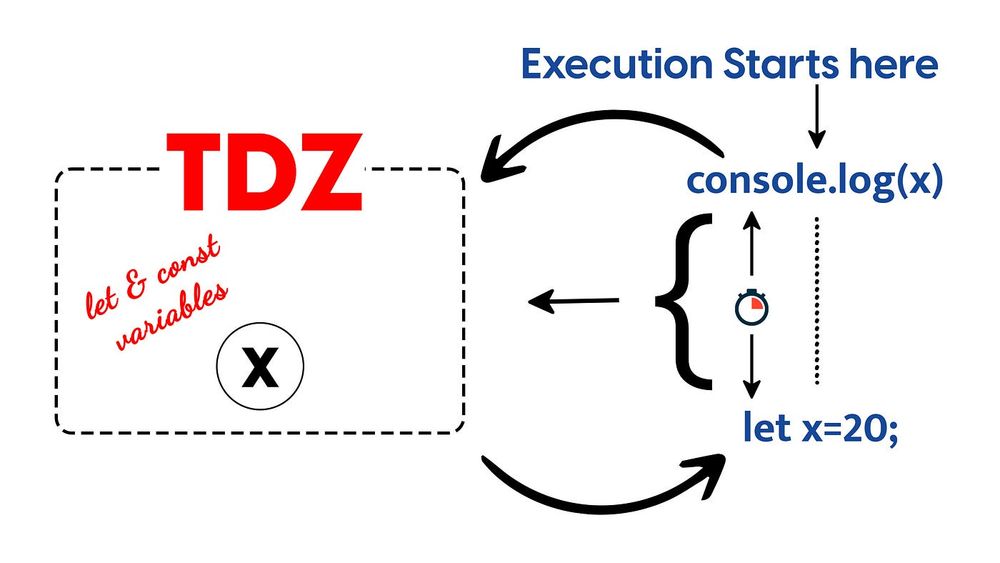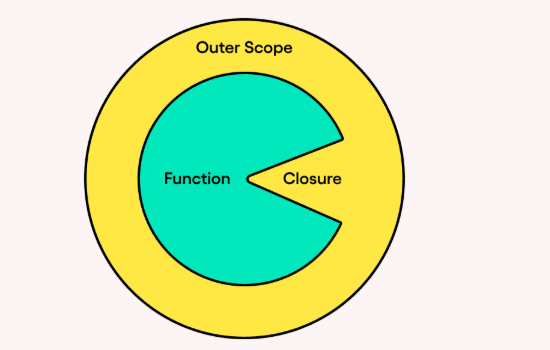Microsoft has unveiled NLWeb (Natural Language Web), an open-source project designed to simplify the integration of conversational AI into websites. By leveraging NLWeb, developers can transform static web pages into interactive platforms where users can engage using natural language, akin to interacting with an AI assistant.
What is NLWeb?
At its core, NLWeb is a set of open protocols and tools that allow developers to bring natural language interfaces directly to websites. Instead of clicking through layers of menus or sifting through search results, users can simply ask questions in everyday language — and get intelligent, contextual responses.

This project is open-source and hosted on GitHub, meaning anyone can contribute to, adapt, or extend it.
But NLWeb isn’t just a new chatbot API — it’s a framework that allows any website to present itself as a conversational participant in a broader AI ecosystem.
How It Works
NLWeb leverages a few key technologies:
- Model Context Protocol (MCP): This open protocol allows websites to serve structured, meaningful content to AI agents. Every NLWeb-enabled site becomes an MCP server, which AI models can query to understand what the site offers.
- Modular Architecture: Developers can bring their own models (BYOM), datasets, and business logic. Whether you use GPT-4, Phi-3, or a custom in-house model, NLWeb offers flexibility.
- JavaScript SDK: Easy to embed and configure, NLWeb’s client-side library allows any site to expose its content and services via natural language with just a few lines of code.
Real-World Use Cases
Microsoft has already partnered with several companies to showcase NLWeb’s power:
- TripAdvisor: Imagine planning a trip by asking natural questions like "Find me beach resorts in Thailand with kid-friendly activities" and getting tailored results directly from TripAdvisor’s own data.
- Shopify: Online stores can use NLWeb to guide shoppers with queries like "Show me summer dresses under $100" instead of relying on traditional filter interfaces.
- Serious Eats: Food websites can help users find recipes or cooking guides conversationally, creating a more personalized and engaging experience.
Prospects and Challenges
Prospects
- AI-first browsing: As users increasingly access the web through AI assistants (like Copilot or ChatGPT), NLWeb makes your site “speakable” and discoverable in these new interfaces.
- Inclusive design: Conversational interfaces can make websites more accessible to people with different abilities or digital literacy levels.
- Enterprise integration: Businesses can expose internal tools and documentation via NLWeb for smarter help desks, HR portals, or knowledge bases.
Challenges
- Adoption: NLWeb needs widespread uptake from websites and AI platforms alike to reach critical mass.
- Governance: With more structured access to site content, clear standards will be needed to manage privacy, consent, and data ownership.
- Ecosystem coordination: NLWeb is most powerful when integrated into a broader ecosystem of agents, models, and protocols — which requires collaboration across tech companies.
Conclusion
NLWeb represents a significant step towards democratizing access to conversational AI on the web. By making the web conversational, dynamic, and intelligent, Microsoft is inviting developers to join a movement toward a more intuitive digital future.





